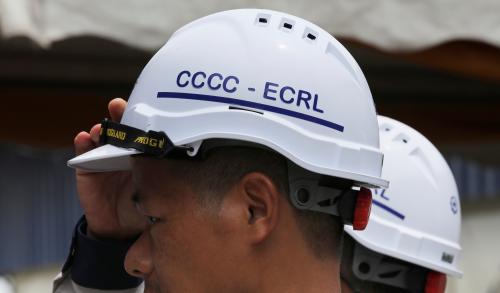EXECUTIVE SUMMARY
A wealth of recent academic analyses and popular discussions about democratic backsliding across the world have identified Southeast Asia as a region that is particularly vulnerable to democratic decline. Taking stock of the comparative experiences of the 11 countries in the region, this essay argues that Southeast Asia is characterized by the decoupling of governance and regime type: there is little evidence that democracy is associated with the quality of governance, however measured, across countries or over time. Moreover, there is no evidence of region-wide democratic erosion in Southeast Asia, in either the short or the medium term.
These findings have implications for understanding how the so-called Beijing model of authoritarian capitalism is shaping the region. The challenge of authoritarian development has a long history in Southeast Asia, and the Chinese growth experience is but the latest example of an authoritarian developmentalist regime that challenges the superiority of democracy for producing a stable platform for economic growth. China’s economic policies and diplomatic actions do not directly encourage authoritarian capitalism or incentivize countries to follow a particular national political or economic model. Instead, its influence is indirect, consistent with a common emphasis across the region on a relatively small set of issues in economic development, construed as a technocratic or managerial problem rather than a problem of democratic politics.
Rather than trying to “re-couple” democracy and accountability within Southeast Asia, advocates for better governance and democracy in Southeast Asia ought to recognize that the two may be pursued separately. This means, first, a narrow focus on what accountable governance might mean in less-than-democratic settings. Second, rather than mounting an argument that democracy produces accountability and effective governance, advocates should defend democracy as a process and mechanism through which to support individual rights, liberties, and freedoms. These may be improved even under regimes that do not oversee meaningfully competitive elections, or even when they do not improve governance outcomes in electoral democracies.
The Brookings Institution is committed to quality, independence, and impact.
We are supported by a diverse array of funders. In line with our values and policies, each Brookings publication represents the sole views of its author(s).








